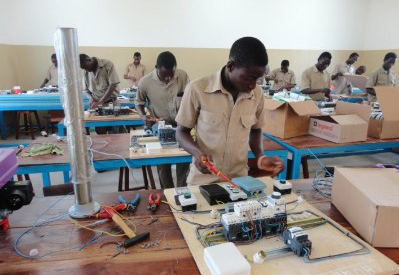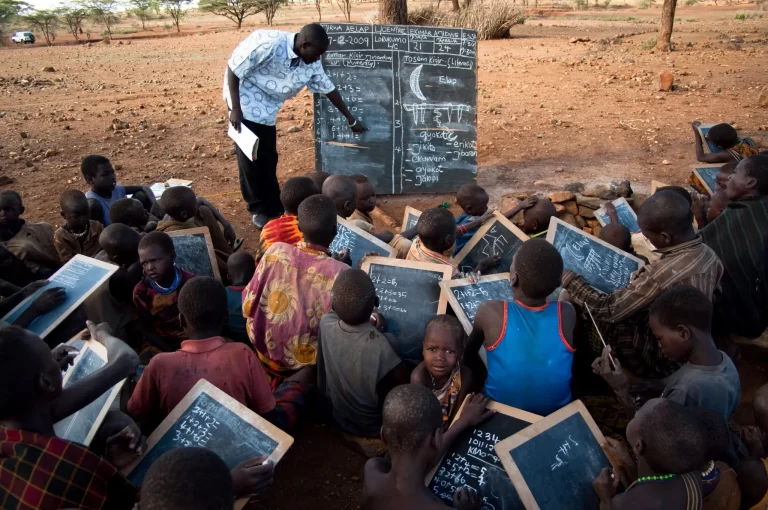The Role of Vocational Education in Nigeria’s Economic Development
Vocational education plays a crucial role in preparing Nigerian youth for the workforce and driving economic development. With the right skills and training, young people can secure gainful employment, start their own businesses, and contribute to the country’s prosperity.
Current Landscape: While vocational education opportunities exist in Nigeria, there is often a mismatch between the skills taught in schools and the demands of the labor market. Many vocational training programs lack resources, infrastructure, and industry partnerships needed to provide quality training.
Industry Partnerships: Collaboration between vocational schools and industries is essential for ensuring that students receive relevant training and are prepared for employment. Partnerships with businesses can provide students with internship opportunities, on-the-job training, and access to modern equipment and technology.
Entrepreneurship Training: Vocational education can also empower young people to become entrepreneurs and start their own businesses. Programs that combine technical skills training with entrepreneurship education can equip students with the knowledge and tools they need to succeed as entrepreneurs.
Future Directions: To fully realize the potential of vocational education in Nigeria, it is essential to invest in infrastructure, improve the quality of training programs, and strengthen partnerships between schools, industries, and government agencies. With the right policies and investments, vocational education can drive economic growth and create opportunities for millions of Nigerian youth.




